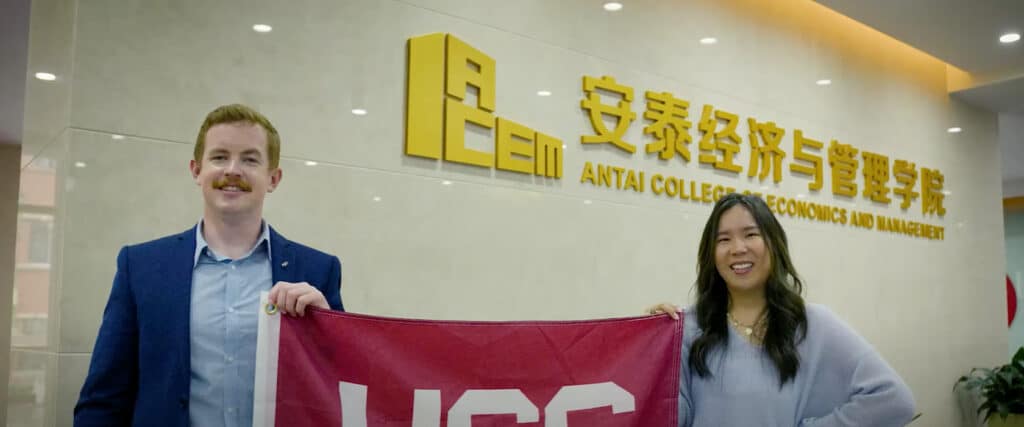The highly specialized and highly selective EDHEC MSc in Financial Engineering
We examine how the EDHEC MSc in Financial Engineering sets itself apart with its intense focus on market finance. Learn how this prestigious master’s shapes graduates for successful careers in global financial institutions.








